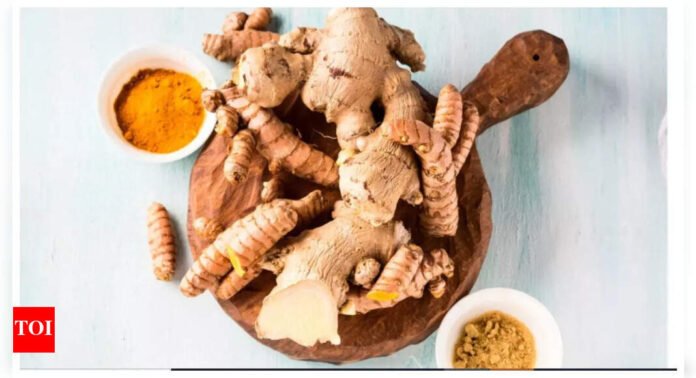Beetroot: Nature’s Anti-Inflammatory Powerhouse
Inflammation is your body’s natural defense against harm. It helps remove harmful stimuli and begins the healing process. However, chronic inflammation can lead to diseases like heart issues and strokes. While some foods worsen inflammation, others can help combat it.
You’ve likely heard of ginger and turmeric as anti-inflammatory foods. But there’s another powerful food you might not know about: beetroot. This vibrant vegetable is one of the best natural anti-inflammatory foods. Let’s explore how.

Why Should You Care About Inflammation?
Many modern foods, especially processed and sugary ones, can cause chronic inflammation. Finding natural foods that reduce inflammation is crucial for good health. Beetroot is a great ally in this fight.
What is Beetroot?
Beetroot, or Beta vulgaris, is a bright red root vegetable packed with nutrients. It’s rich in vitamins, minerals, and unique compounds called betalains, which give it its deep red color.
The Science Behind Beetroot’s Power
Research shows that beetroot’s betalains have strong anti-inflammatory and antioxidant effects. These compounds help lower harmful molecules in the body that cause inflammation and oxidative stress. Beetroot can also purify and detoxify your body, further reducing inflammation.
Beetroot fights inflammation by blocking important pathways that cause it. One major pathway is called NF-κB, which controls many genes responsible for producing inflammatory molecules.
Studies on animals show that beetroot extract significantly reduces NF-κB activity, lowering levels of these inflammatory molecules. This means beetroot can slow down the inflammatory process at a genetic level.
More Benefits of Beetroot
- People with osteoarthritis who took beetroot supplements felt less inflammation and pain.
- Animal studies found that beetroot juice protected the liver and kidneys from inflammation caused by toxins.
Beetroot vs. Common Inflammatory Foods
Unlike processed foods, sugary drinks, and fried snacks—which can increase inflammation—beetroot actively reduces it. It’s a natural, safe, and accessible food that you can easily add to your diet.

How to Enjoy Beetroot
- Fresh Beetroot: Try roasting, boiling, or steaming it as a side dish. You can also eat it raw in salads after washing it well.
- Beetroot Juice: Drink fresh beetroot juice or mix it with other vegetable juices for a nutritious boost.
- Beetroot Powder or Supplements: These are widely available, but remember to consult your doctor before starting any new supplement.
Eating beetroot regularly can help keep inflammation levels low and support overall health.
A Quick Note
While beetroot is safe for most people, eating too much may cause beeturia (pink urine) or interact with some medications. So, enjoy beetroot in moderation as part of a balanced diet.
Sources
- Clifford T, Howatson G, West DJ, Stevenson EJ. The Potential Benefits of Red Beetroot Supplementation in Health and Disease. Nutrients. 2015.
- Kujawska M, Ignatowicz E, Murias M, Ewertowska M, et al. Impact of supplementation with beetroot juice on oxidative stress and inflammation. Oxidative Medicine and Cellular Longevity. 2018.
- Pietrzkowski Z, et al. Therapeutic administration of betalain-rich beetroot capsules alleviates inflammation and pain in osteoarthritic patients. Journal of Medicinal Food.
- Krajka-Kuźniak V, et al. Protective effect of beetroot juice on liver injury and inflammation in rats. Food and Chemical Toxicology.



